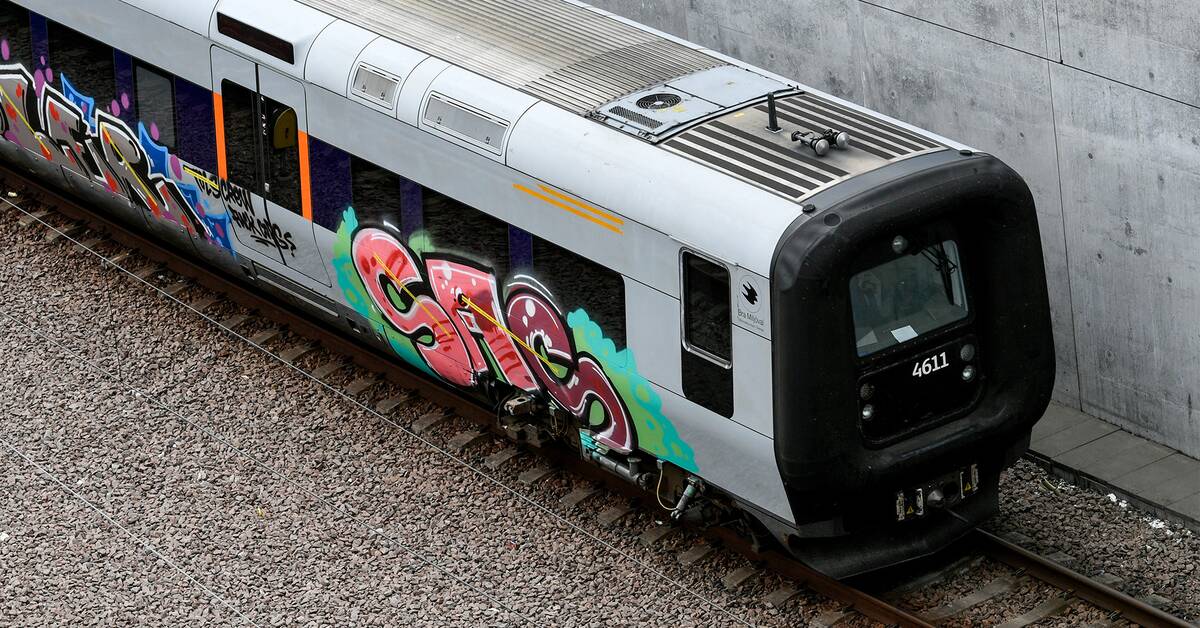If Seko's members implement the strike that the union announced today, Swedish travelers will feel the consequences immediately. The first step will enter into force on 11 May, if no agreement has been reached. In this phase, over 200 of Seko's members around the country would go on strike, of which around 100 are Malmö-based train drivers on the Öresund train.
"Strike is a very special condition, so it is clear that it will be very complicated," says Stefan Johansson, press officer at Transdev, which operates the Öresund train.
"Very big consequences"
According to Stefan Johansson, passengers may be affected in several ways, in the event of a strike.
– Cancellations, delays and greater congestion on the trains that actually run. That kind of thing. It will affect an overwhelming majority of traffic and in a worst-case scenario it can have very big consequences, he says.
The strike may be extended
If no agreement is reached after the first stage of the strike, it may be extended. In step two, about 450 employees at MTR and SJ would go on strike. There are over 200 employees in the Stockholm metro, about 100 train drivers on Mälartåg (operated by MTR) in Stockholm and Eskilstuna and 118 train drivers at SJ in Gothenburg.
In a third and final step, another 500 employees would go on strike, including in freight traffic and on SJ's trains in Stockholm and Hagalund in Solna.
SJ's press office could not comment on Tuesday evening on how many of its passengers are expected to be affected.

